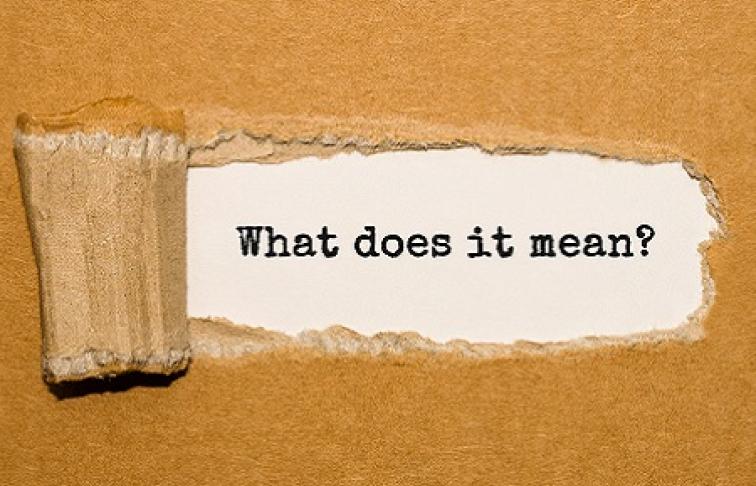Manage your account and see your money through our mobile banking app or on your computer through our website.


Quid
The first recorded instance of the word being used to describe one British pound was in 1688, although its origins actually come from Latin. It is a shortening of the term “quid pro quo” which means “something for something” which is a very fitting description of how we use money.
Wonga
Although it sounds a very modern term, wonga was first coined in the 18th and 19th centuries and is believed to be a corruption of the Romany word for coal, ‘wongar’. Why coal? Coal fuelled the industrial revolution and was a source of huge wealth at the time, so much so that during the 1700-1800s, ‘coal’ was a slang word for money.
Grand
The word, which is used to describe one thousand pounds is believed to come from the Old French word ‘grant’. Adopted into English in the fifteenth century, the word actually derives from Latin ‘grandis’ meaning large. It was used in the sense of something large in size and important, which, we believe, £1,000 still is.
Monkey
A popular term in London to describe £500 is ‘monkey’. The link is quite obscure. Monkeys in rainy, cold old England? But to the soldiers that introduced the term in the 19th century as they returned from India, it would have been obvious. This is because the 500 rupee note used to have a picture of a monkey on it.
Brass
Brass has been used as the name of copper and bronze coins, and later of all forms of money, in the UK since at least the 16th century. It gave rise to the Yorkshire expression “Where there’s muck there’s brass”, meaning a lot of money can be made from business activities that are dirty or unpleasant. This is a very old English idea; a collection of English proverbs from 1678 expressed it as: "Muck and money go together."
Bank
Not all terms have a long history. The beauty of slang terminology is that new words are being created all the time, impacted by current events, new words that we borrow from other languages, or the way we live – just like they always have been. For example, a new term that has emerged to describe a lot of money, based on the institutions where we all keep our money in modern times, is ‘bank’. So, if you have made a lot of money, you can now say you have “made bank”.